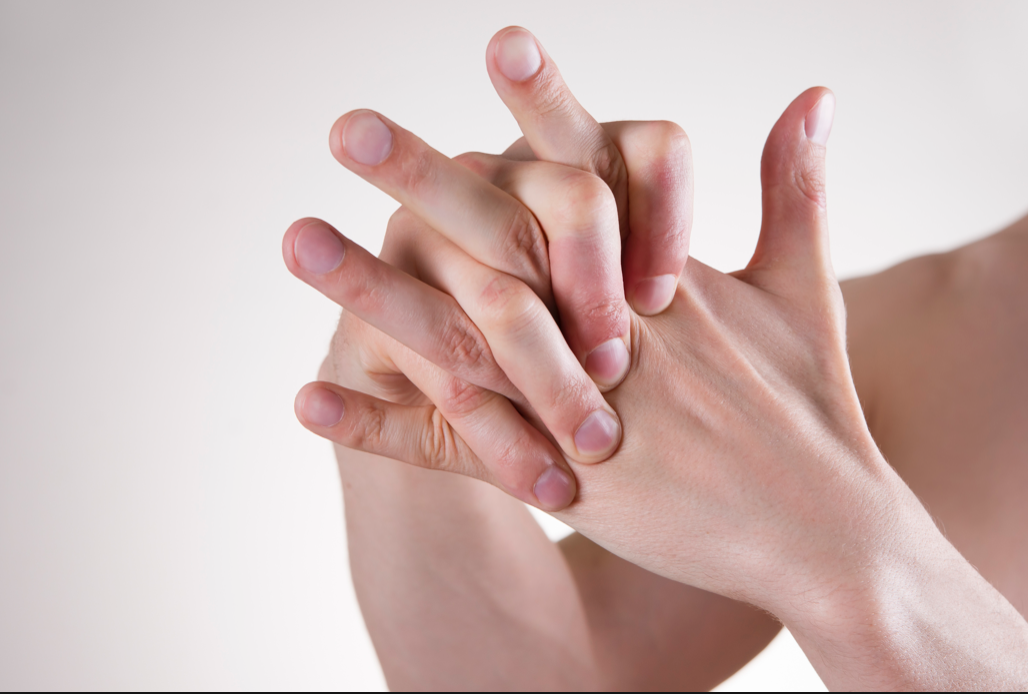Sometimes people crack their knuckles to relieve stress. One of the most common and interesting questions I get asked when someone comes to see me is
Does knuckle cracking cause arthritis or raise the risk of osteoarthritis? Also, is knuckle cracking bad for you?
Many adults and children do crack their knuckles as an accidental habit or because they report that doing so, provides relief.
The results of several studies suggest that there is no direct evidence connecting knuckle cracking and hand arthritis or osteoarthritis. There is a study that shows that ‘knuckle crackers’ may suffer from decreased grip strength after many years of this habit. More studies have yet to be done to investigate this question and the results.
What causes cracking joints?
There are a few theories of what causes this joint cracking action. Crepitus is the popping and cracking noise that joints make sometimes. Any joint can be popped or cracked, however, the knuckles on the fingers are common culprits of this action! The knuckles are considered joints that are protected by a joint or synovial capsule. The joints are often immersed in a fluid containing nutrients called, synovial fluid. This fluid also lubricates the joints. Sometimes when someone cracks their knuckles by either stretching the fingers, bending the fingers backward or twisting them, negative pressure may cause a variety of gases including nitrogen or carbon dioxide, to be temporarily pulled into the joints. This then releases bubbles creating that popping sound in addition to the movement of tendons, which attach muscles to bones and ligaments, which connects bones to other bones around the joint.
There are also theories that once an individual cracks their knuckles, it may take up to a half hour before the knuckles can be cracked again due to the time that it takes for the gases to re-dissolve into the synovial joint fluid.
Can I keep cracking my knuckles?
Although many respected medical centers seem to believe that habitual joint cracking probably won’t raise the risk for arthritis, there may be reasons to avoid this habit. One study published in the Annals of Rheumatic Diseases (1990) found that patients who were knuckle crackers had a weakened hand grip strength. As well as possibly more swelling or inflammation in their hands compared to those individuals who didn’t crack those knuckles. It may be time to hide those knuckles and kick this habit!!
When should you worry?
Painless cracking of joints is most likely not harmful or beneficial.
If an individual experiences any pain, swelling, or decreased motion associated with cracking one’s knuckles or any joints, then it is time to seek medical attention from a physician like me, a rheumatologist for further investigation for an underlying joint condition.
Reference: Shmerling RH. Harvard Health. May 14, 2018. John Hopkins University Arthritis Center 2007
Disclaimer: This blog contains my personal opinion based on personal and clinical experience, tips from trainers, health coaches and lastly research. This blog does not endorse specific treatments, procedures, products. You should always consult with a doctor, nutritionist, or other healthcare professional to discuss your own health and lifestyle goals and regimen based on your medical history. Thank you for reading!

